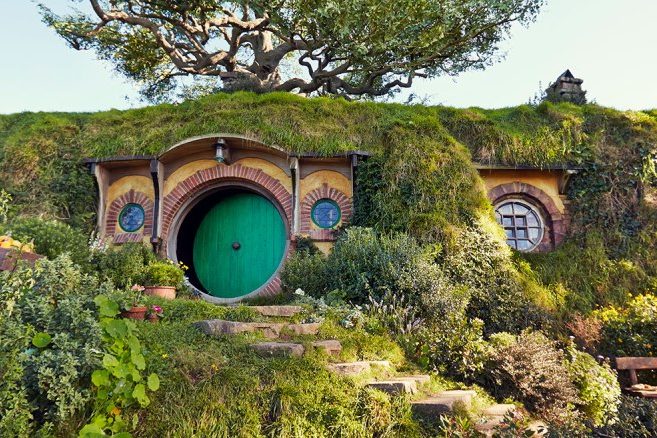In response to the multi-faceted ecological crisis that the Earth is facing, a new reality is emerging. It recognizes a very old truth, that we humans are inseparable from Nature, and that to nurture the health of the Earth is also to nurture our own health, the health of the species.
It’s possible to view humanity as a plague upon the Earth, a predatory species evolving beyond its natural limits. We are in overshoot, which invariably leads to collapse. We need to dial back the harm that we are causing, and accelerate the restoration of healthy ecosystems, communities, and belief systems. As James Lovelock writes. in Healing Gaia (1991):
Sometimes in anguish, concerned environmentalists ask if humans have become a leukemia of the Earth. Are we an organism that broke with the great community of Eden or of Gaia? Are we now breeding without check until our numbers and our toxins compromise the whole body of the Earth? It might seem so but leukemic cells do not debate their destructive role, nor consider a change of behaviour that might curb their own numbers. True, our presence on Earth has already changed the land surfaces and the atmosphere adversely. If we believe this to be a planetary disease then we need planetary medical advice now. Practical advice on how to restore a state of health.
This is also what Donella Meadows and her colleagues were seeking when they formed the Balaton Group, and argued that each bioregion needed a dedicated ecological learning center, so that people would know how to keep their own bioregions healthy. In our original draft “invitation” to others to join us in this quest, we wrote:
“Civilization is in crisis. We need to transform just about everything if we are going to survive. Our Mission is to foster the transition to a clean, sustainable, and regenerative economy for the benefit of all. It’s going to take everything we’ve got, but it’s possible.
If we continue what we’re doing, and everyone else continues what they’re doing, things will turn out badly for the Earth. All of us need to change. “
The good news is that people are changing, and they’re taking action based on these changes. They’re finding others who share their concerns, their views, and the new tools and opportunities that arise when humans put their minds to facing their challenges, not running away from them. This book is about the new movements that are arising to reclaim our evolutionary role as a keystone species, and not just as an apex predator.
